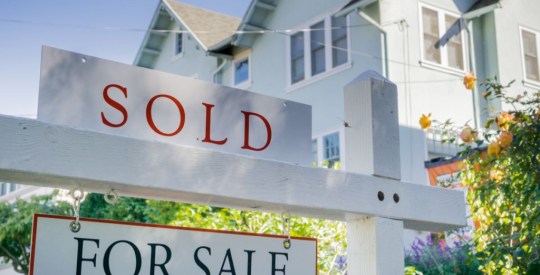The House of Representatives on Wednesday passed its $819 billion version of the economic stimulus package in a 244 to 188 vote. The bill passed with support from all but 11 House Democrats; no Republicans voted in favor of it. Some of the major provisions within the bill include various tax cuts — for tuition, business expenditure and renewable energy — as well as a hefty list of spending programs aimed to “preserve and create jobs and promote economic recovery,” according to the bill’s language. The package would expand the food stamps program by $20 billion, give $11 billion in housing assistance, invest $3 billion in welfare, pour $50 billion into highways and school renovations as well as grant $9 billion to community and rural development projects, to name a few of the programs. Read the bill text. The American Recovery and Reinvestment Act of 2009, as the bill is called, includes a change to the $7,500 first-time home buyer tax credit previously implemented in Housing Recovery Act of 2008. The new change would remove the requirement that the buyer repay the tax credit over 15 years, making it a tax incentive for anyone buying a home as a primary residence and who has not owned a home in the past three years. The change to a non-repayable home buyer credit was a main goal of industry group National Association of Home Builders — a member of the Fix Housing First cooperative — that on Wednesday conducted a media conference hours before the House vote to extol the benefits of a home buyer stimulus as part of the overall package. “A strong and direct stimulus to housing demand is absolutely essential if we’re going to have a timely and dependable economic recovery,” said Dwight Jaffee, a business professor at the University of California, Berkeley, at the NAHB media conference. Since housing sector recover has historically been linked to the recovery of the broader economy, Jaffee argued in support of a buyer stimulus that would spark demand for and reduce the supply of housing, create jobs in the housing construction and mortgage markets, increase tax revenues for state and local governments and generally create “a positive virtuous cycle rather than the vicious cycle that we’re currently in,” he said. The House bill is headed for a Senate vote; the Democratic-majority Congress aims to come to a resolution on the package in time for President Barack Obama to sign the bill in mid-February. Write to Diana Golobay at [email protected].
$819 Billion Stimulus Passes House Vote
Most Popular Articles
Latest Articles
Reverse mortgage professionals react to H4P rule changes
Reverse mortgage professionals and AARP offered responses to recent changes handed down by HUD to the HECM for Purchase program.



